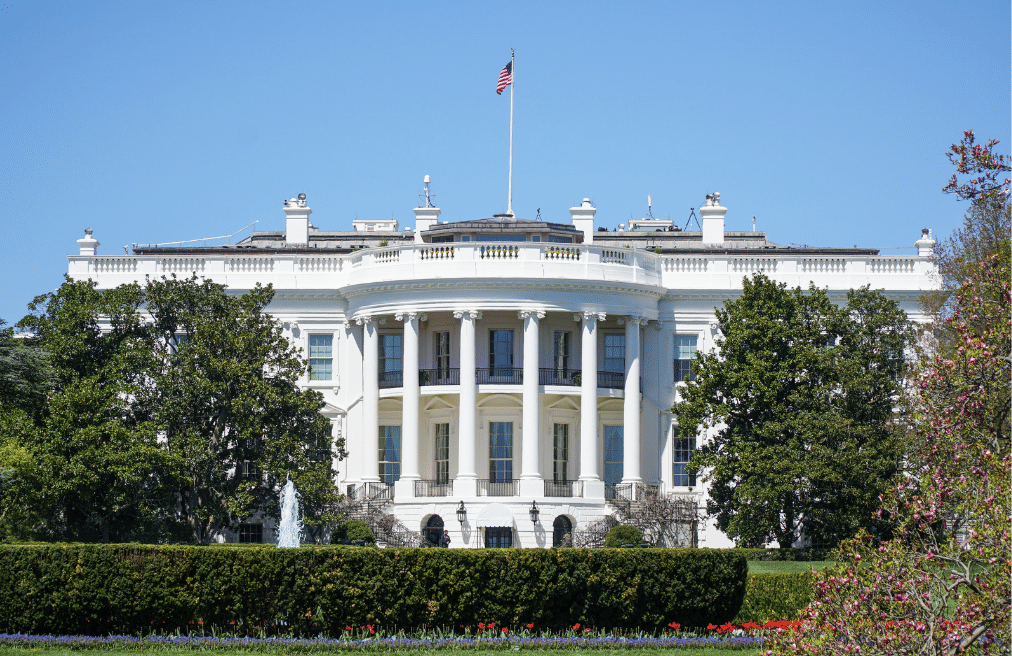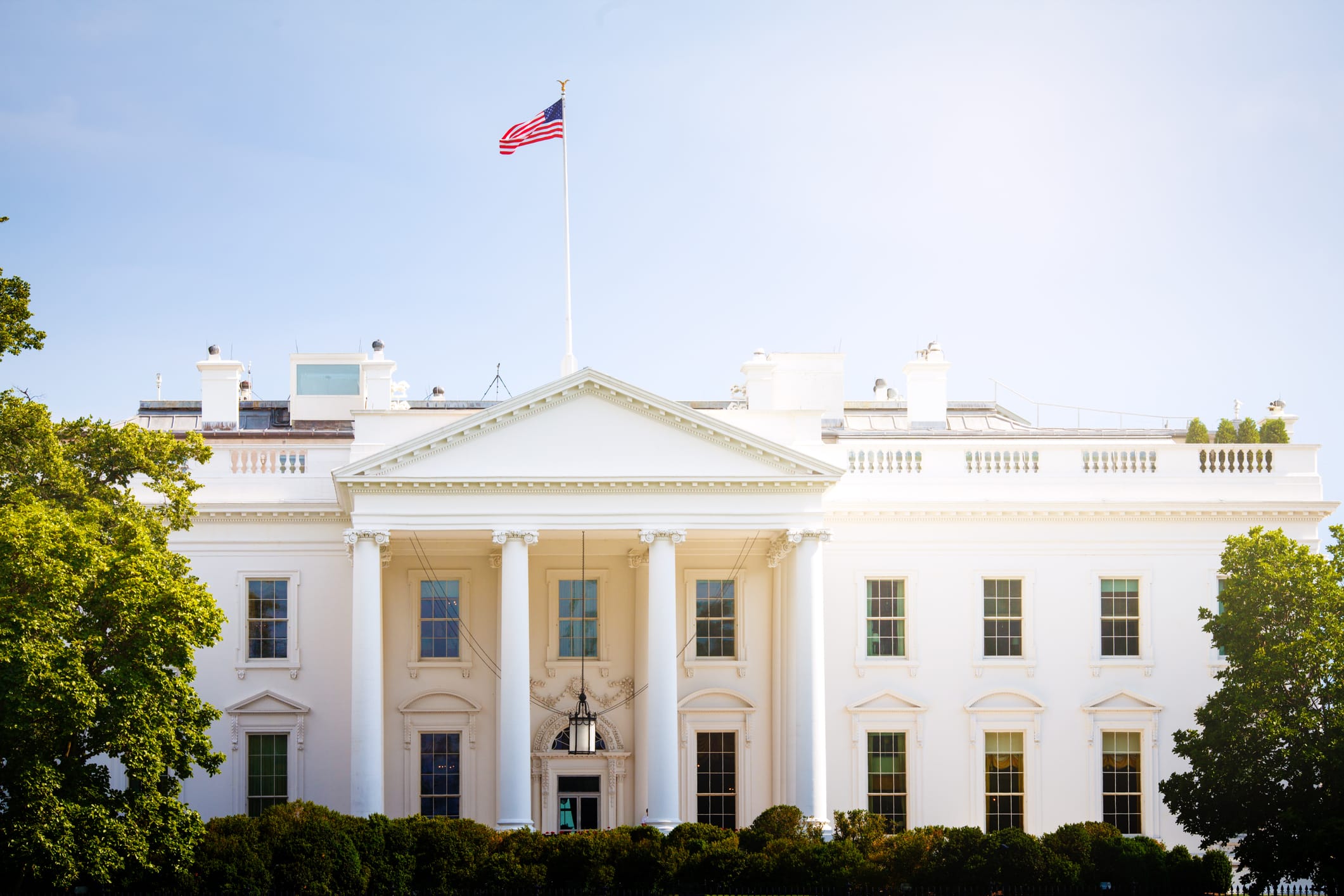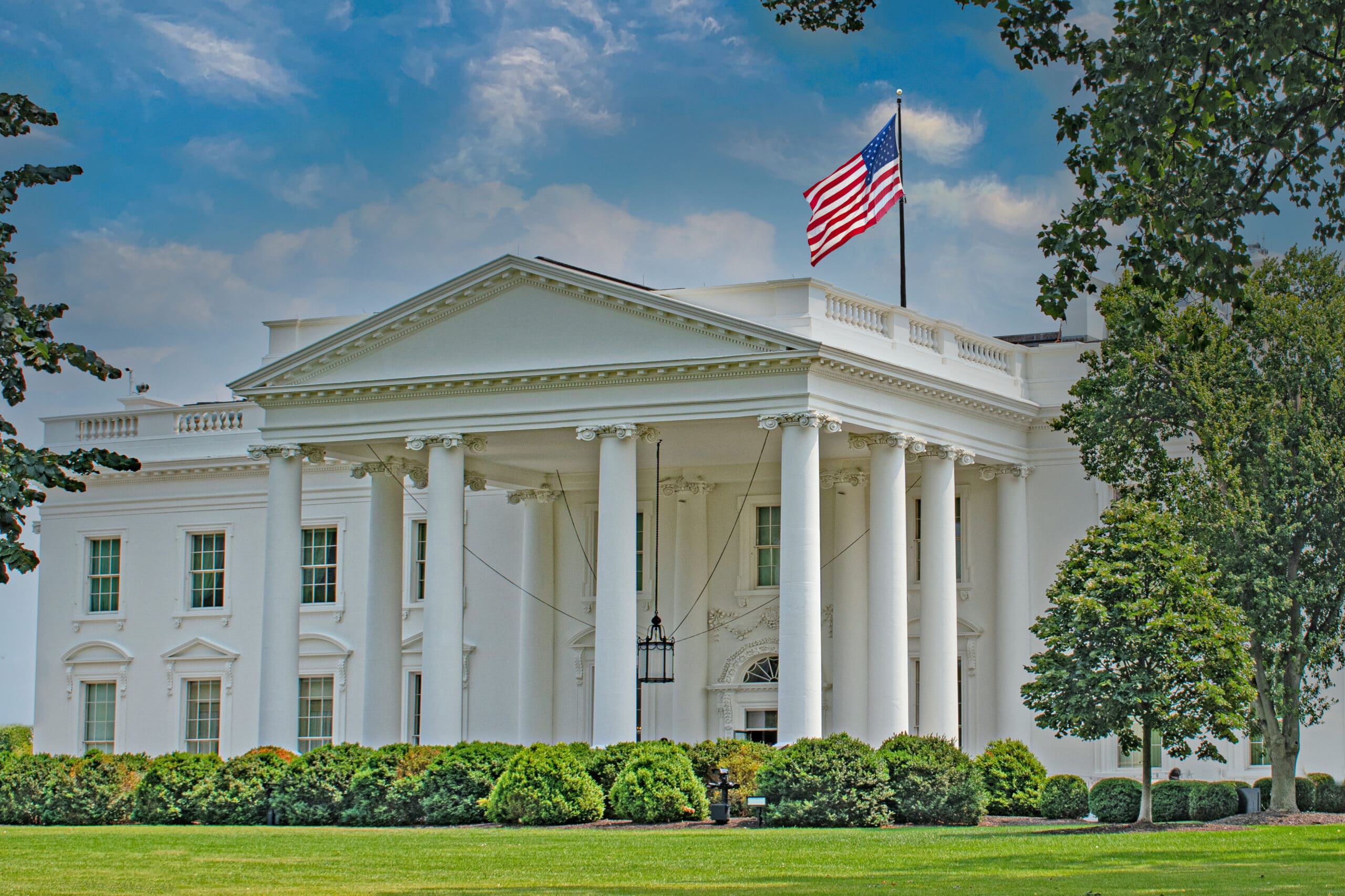A Decade Later, Many Attitudes Surrounding Gun Policy Remain the Same
BOSTON – The latest Emerson College Polling national survey of US voters finds President Biden with a 41% job approval, a three point drop in the President’s approval since the February national poll. As the President announced his reelection bid Tuesday, a majority of Democratic voters (65%) think Biden should be the 2024 Democratic nominee, while 35% think it should be someone else. The share of Democratic voters who think Biden should be the nominee has decreased six points since February, from 71% to 65%.
“Driving Biden’s lower approval this month is independent voters, 37% of whom approved of the president in February, which has dropped to 30% this month,” Spencer Kimball, Executive Director of Emerson College Polling noted.
When presented with announced candidates Biden, Marianne Williamson, and Robert Kennedy Jr., Biden’s support increases to 70%, Kennedy Jr. 21%, and Williamson receives 8%.
For the Republican nomination, former President Donald Trump’s support in the hypothetical Republican primary is at 62%, followed by Florida Governor Ron DeSantis at 16%. No other candidate reaches double digits. Trump’s 62% reflects an increase in support for the first time in an Emerson national poll since June 2022, where he has held a consistent 55%. Since the February national poll, DeSantis has lost nine points of support, from 25% to 16%.
In a hypothetical 2024 matchup, Biden narrowly leads Trump 43% to 41%, while 10% would vote for someone else and 6% are undecided. Against DeSantis, Biden holds 43% while DeSantis receives 37%, 12% would vote for someone else and 8% are undecided. Both races are within the poll’s margin of error.
“Independent voters are nearly split on the presidential ticket between Trump and Biden, 34% would vote for Biden and 33% Trump,” Kimball noted. “A third of independents support someone else or are undecided.”
Regardless of which candidate they support for president, 40% of voters think Joe Biden will continue to be President after the 2024 election, while 35% expect Donald Trump to be the next president, and a quarter of voters (25%) expect someone else to be President.
In March 2013, Emerson College Polling surveyed US voters on issues central to the gun control conversation three months after the Sandy Hook Elementary School shooting in Newtown, Connecticut. A decade later, voters were asked some of the same questions.
Since 2013, the most popular gun control measure continues to be universal background checks, at 82% support. This reflects a two-point increase since 2013. Seventy-percent of voters (70%) support raising the minimum age to purchase a firearm from 18 to 21, a ten point increase in the past ten years, from 60%.
A majority, 55%, of voters support a ban on magazines holding more than 10 rounds of ammunition, while 27% oppose it. By contrast, support for an assault weapons ban decreased ten points since 2013, from 58% to 48%.
“Voters under 35 are most likely to support an assault weapons ban in the United States at 57%. Their support is 12 points higher than voters over 35, 57% to 45%.” Kimball said. “This cuts along party lines, 68% of Democrats support an assault weapons ban while 54% of Republicans oppose a ban. A plurality, 47%, of independent voters support an assault weapons ban while 32% oppose it.”
The survey also measured the favorability of the National Rifle Association (NRA), which held its favorability of 44% from 2013 to 2023.
“Male voters’ opinion of the NRA differs from women voters: 50% of men have a favorable view of the NRA compared to 39% of women who share the same opinion,” Kimball said.
Thirty-seven percent of voters find the economy to be the most important issue facing the United States, followed by crime (14%), threats to democracy (9%), healthcare (8%), immigration (8%), and housing affordability (7%).
Voters were asked if they believed China would invade Taiwan. A plurality of voters (41%) think China will invade Taiwan, while 19% think they will not; 40% are unsure.
“A 55% majority of Republican voters think China will invade Taiwan, compared to 39% of independents and 30% of Democrats,” Kimball noted. “Voters under 50 are about 11 points less likely to think China will invade Taiwan than those over 50, 35% to 46%.”
Methodology
The Emerson College Polling national survey was conducted April 24-25, 2023. The sample of registered voters, n=1,100, has a credibility interval, similar to a poll’s margin of error (MOE), of +/- 2.9 percentage points. The data sets were weighted by gender, education, race, age, party affiliation, and region based on 2024 registration modeling. Turnout modeling is based on US Census parameters, and US voter registration data.
It is important to remember that subsets based on demographics, such as gender, age, education, and race/ethnicity, carry with them higher credibility intervals, as the sample size is reduced. Survey results should be understood within the poll’s range of scores, and understand with a confidence interval of 95% a poll will fall outside the range of scores 1 in 20 times.
Data was collected by contacting an Interactive Voice Response (IVR) system of landlines and online panel of voters.
All questions asked in this survey with exact wording, along with full results and cross tabulations can be found here. This survey was funded by Emerson College.







